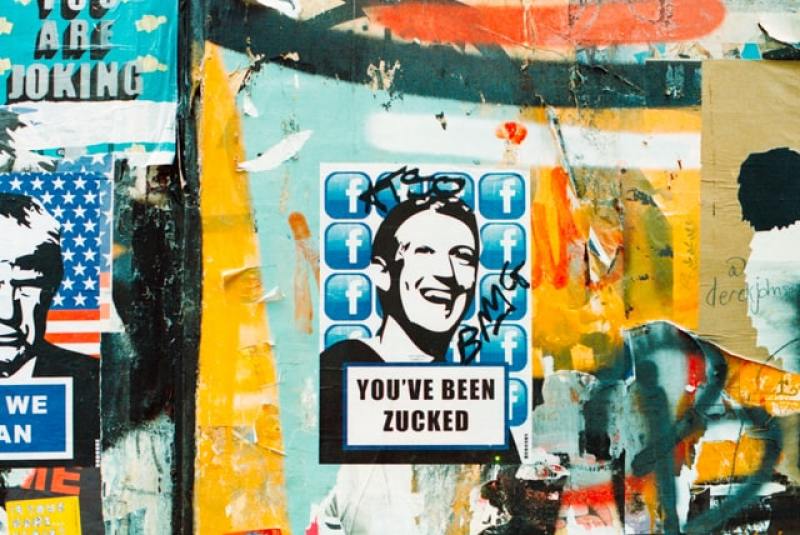
The National Vote at Home Institute (NVAHI) was found to have guided election officials into persuading voters to change their opinion on mail-in voting, as evidenced by a rulebook distributed before the 2020 election. The group shared the rulebook in Wisconsin while working with the Center for Tech and Civic Life (CTCL) to influence the controversial Presidential Elections of 2020.
Back in 2020, CTCL provided an election grant to Chester County, Philadelphia. Described as a "previously small Chicago-based nonprofit," the organization was the recipient of "hundreds of millions of dollars in donations to help local election offices - most notably, $350 million from Facebook CEO Mark Zuckerberg and his wife, Priscilla Chan," NPR reported at the time.
The COVID pandemic and the missteps of the Congress caused an unprecedented bailout of election offices. CTCL had prevented the bailout from continuing. APM Reports interviewed 25 election directors from swing states, who said that the grant from CTCL was "essential to preventing an election meltdown amid worries over a pandemic." Up to 2,500 jurisdictions received grants from CTCL.
But that's not the only way the CTCL influenced the 2020 presidential elections. The organization worked with NVAHI to develop the "2020 Election Official Communications Toolkit," which urged public officials to "control the narrative" about mail-in ballots.
"Do not repeat myths as a way to refute them," the guidebook said. "Instead, control the narrative by presenting information that affirms the safety, security, and reliability of mail balloting."
Conservatives and Republicans have raised concerns over mail-in voting because of its susceptibility to voter fraud compared to in-person voting. The Federalist reported that it also "favors Democrats over Republicans" because Democrats are "less motivated to show up at the polls on election day." Republicans on the other hand believe that in person voting is more secure and more accurate.
Meanwhile, NVAHI's guidebook urged election officials to encourage people to vote via mail-in ballots and told them to place articles in media outlets. It said, "Reporters will likely already be writing up voter information guides as well as shaping their articles around how well or poorly the election is running. A proactive op-ed strategy is helpful here."
The organization also recommended election officials to use a public information strategy that "[plays] up the security" of mail-in voting, asking them to assure people that mail-in ballots have "over a dozen security features." With regards to concerns over stolen ballots, the guidebook said to "assuage those concerns without leaning into them."
Moreover, the guidebook encouraged officials to use "social proof" or to show that more people are doing the same thing as a "powerful way of making mail-in ballots a compelling option." The toolkit was developed in partnership with the organization called Ideas42, which describes itself as "a non-profit that uses insights from behavioral science to improve lives, build better systems and policies, and drive social change."
It is important to highlight NVAHI's involvement in influencing the 2020 presidential elections today as NVAHI Wisconsin State Lead Michael Spitzer-Rubenstein, who worked for Democrat political campaigns in the past, had spoken to Green Bay City Clerk Kris Teske asking if they could "cure" absentee ballots, which meant "altering absentee ballots after they are filed to allegedly fix errors, rather than counting improperly marked ballots as invalid."
When Teske shut down the idea, Spitzer-Rubenstein got in touch with Green Bay Mayor's Office Chief of Staff Celestine Jeffreys, who then ordered Teske to work with NVAHI for the city elections' ballot-curing process. An audit conducted in 2021 showed that Wisconsin had enough ballots in 2020 to switch its Electoral College votes from Joe Biden to Donald Trump.






















